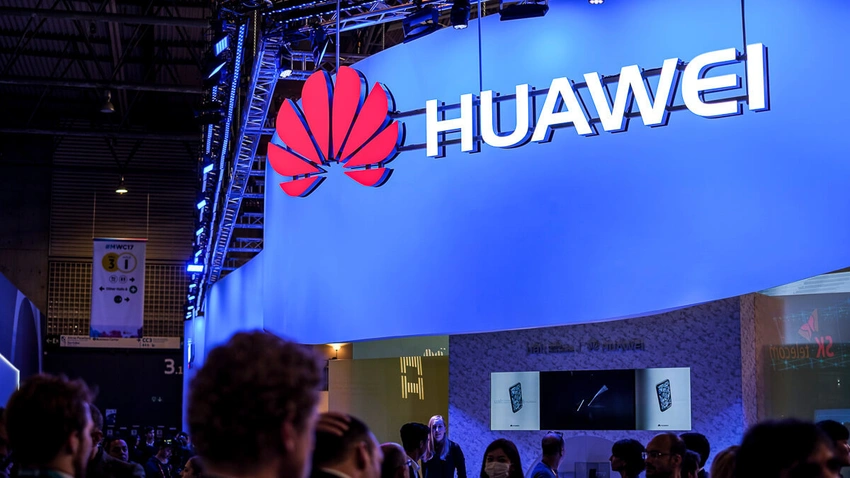After 4 difficult years, Huawei’s 2023 revenue rose 9%. The key to the recovery came from the device business, where it beat expectations and weak market demand. Huawei surprised by developing a high-end smartphone with a domestically produced 5G chip, despite US sanctions bans.
Before being sanctioned by the US, Huawei’s handsets, laptops and smartwatches were the company’s largest business, accounting for over half of sales. Since then, the company has made progress in developing enterprise and cloud services like business solutions but they still account for a small portion.
The mobile device unit along with strong branding, a loyal customer base and the wildly popular new flagship phone appears once again ready to become Huawei’s biggest growth engine.
Richard Yu, Huawei’s Consumer Business CEO, delivered an upbeat New Year message. He praised employees as an “iron army that can withstand challenges and fight in difficult battles”.
“Now, we have finally returned to the right direction, what does not kill us will only make us stronger!”, he wrote. “Over the past few years, facing rounds of sanctions and crackdowns, the resilient soldiers did not waste the opportunity presented by this crisis. Instead, they exploded with greater energy”.
“We have worked together and become more courageous as we fight, breaking through the tight encirclement and defending the glory of the iron army,” Yu continued.
Yu, who also holds the roles of Huawei’s Rotating CEO and Chairman of its Intelligent Automotive Solutions Business Unit, thanked customers who have stuck with the company and lined up to buy Huawei products. He pointed out the new Mate 60 and Mate X5 phones have won over consumers with satellite calling, Kunlun glass, camera and photography functions.
Yu called on employees in Huawei’s domestic smartphone unit to “seize the opportunity and launch a comprehensive strategic counterattack,” while urging those in “key countries” to build premium branding awareness.
Looking ahead, he said Huawei will build and apply AI capabilities for four scenarios – personal, office, travel and home. He revealed Huawei’s Hongmeng OS is running on over 700 million devices but warned 2024 will be a critical year for the fledgling Hongmeng native platform.
“Huawei must accelerate the development of various native Hongmeng applications and focus on winning two of the toughest battles – third-party technological foundations and ecosystems,” he said.




